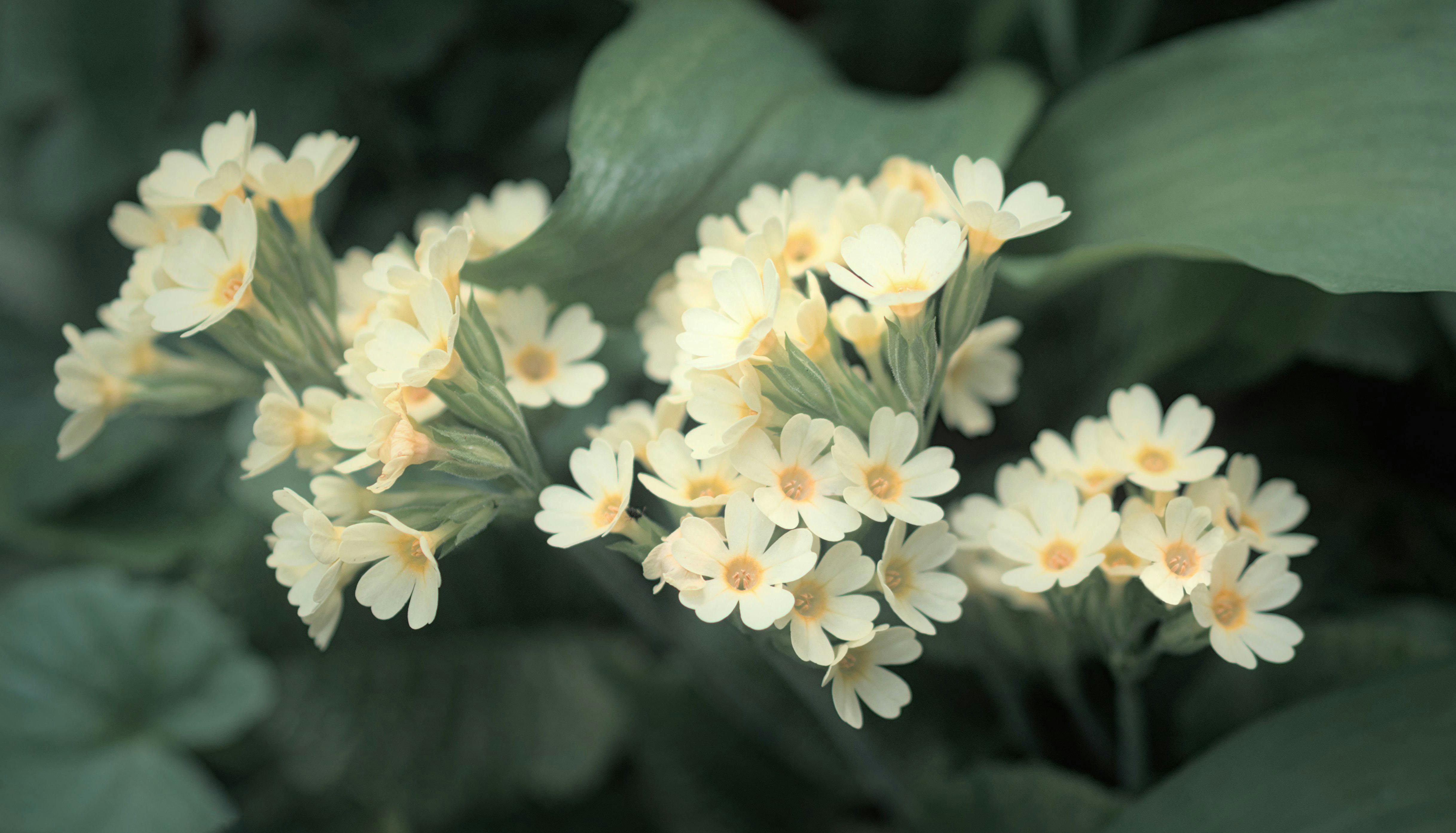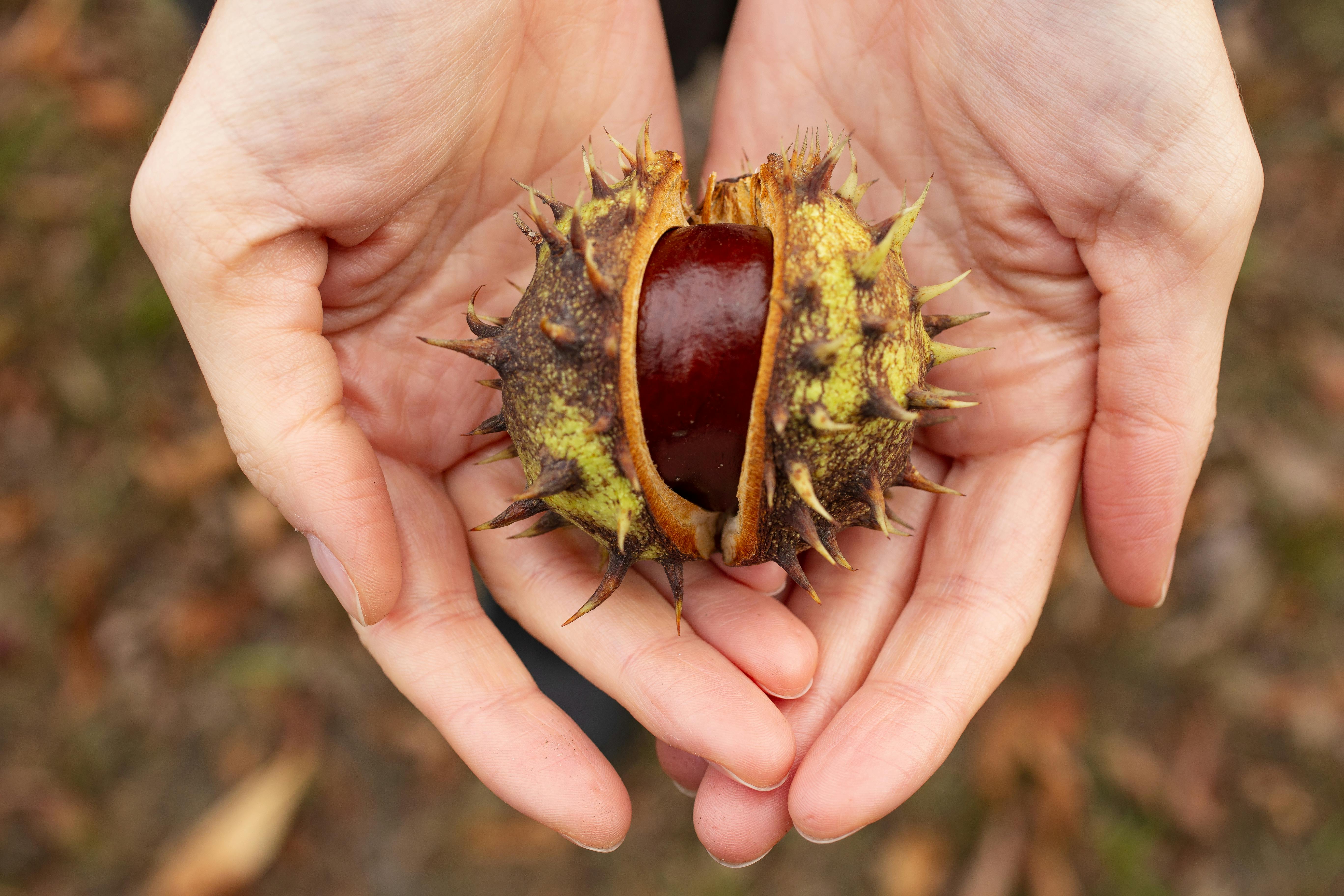Mr. Gardener: Mastering the Art of Gardening
Gardening is more than just planting seeds and watering plants; it’s a creative expression and a way to bring nature closer to home. In this article, we explore the world of Mr. Gardener, a figure who embodies the passion and techniques that make gardening an enjoyable and fruitful pursuit. Whether you are a novice looking to breathe life into your backyard or an experienced gardener wishing to refine your skills, the insights offered here can help you cultivate your green thumb.
The Philosophy of Gardening
At the heart of gardening lies a unique philosophy that emphasizes patience, care, and creativity. Mr. Gardener represents this ethos, teaching us that gardening is not just about the end result but also about the journey. Through understanding the intricacies of plant growth and the delicate balance of ecosystems, one can foster a garden that thrives naturally. Regular engagement with nature through gardening encourages mindfulness and connection to the earth, leading to a fulfilling experience. **Gardening** demands not just knowledge but a respect for the environment, which ensures that your gardening practices are sustainable and beneficial.
Understanding Soil Health
A successful garden begins with healthy soil. Mr. Gardener emphasizes the importance of soil composition and nutrient levels, as these factors influence plant growth and vitality. Testing soil pH and organic matter is crucial. You can enhance soil health by adding compost, which enriches the soil with essential nutrients and microorganisms. Regularly rotating crops also helps prevent soil depletion and reduces pest buildup. By nurturing the soil, you ensure your plants have the best foundation to prosper, making your gardening efforts more fruitful.
The Joy of Plant Selection
Choosing the right plants is another essential aspect of gardening. Mr. Gardener often advises new gardeners to start with native plants, as they are better adapted to local conditions and require less maintenance. When selecting plants, consider your garden’s sunlight, moisture levels, and climate. Grouping plants with similar needs can simplify care routines and make your garden aesthetically pleasing. By understanding plant varieties, you can create a vibrant garden that flourishes throughout the seasons.
Seasonal Gardening Strategies
Gardening is a year-round commitment that changes with the seasons. Mr. Gardener provides invaluable tips on how to adapt to each season’s demands. In spring, focus on planting and preparing your garden beds. Summer often brings challenges like drought; thus, implementing efficient watering techniques is crucial. During autumn, it’s time to harvest and prepare for winter by mulching and researching which plants will thrive when cooler temperatures return. Each season offers a unique opportunity to engage with your garden and observe its evolution.
Common Gardening Practices
Understanding standard practices can significantly enhance your gardening skills. Mr. Gardener champions techniques such as crop rotation, companion planting, and organic pest control. These practices not only improve yields but also contribute to a healthier garden ecosystem. Learning about these techniques allows gardeners to reduce reliance on chemical fertilizers and pesticides, promoting environmental sustainability. Embracing these methods fosters a deeper understanding of the interconnectedness of plant life.
Companion Planting
Companion planting is a strategy where different plant species are grown together for mutual benefits, such as pest control and enhanced growth. Mr. Gardener advises combining plants like marigolds with vegetables, as marigolds can deter pests that typically affect crops like tomatoes. This method not only maximizes space but also enhances the overall health of the garden by creating a balanced ecosystem. Understanding the relationships between plants can lead to a harmonious garden environment.

Efficient Watering Techniques
Watering can easily make or break a garden. Mr. Gardener often recommends techniques such as drip irrigation and rainwater harvesting. By utilizing these methods, gardeners can ensure that plants receive consistent moisture while conserving water resources. Mulching around plants can also help retain soil moisture and suppress weeds. Implementing smart watering strategies not only supports plant growth but also plays a small part in broader water conservation efforts.
Building a Compost Bin
Creating a compost bin is an excellent way to recycle kitchen scraps and yard waste while enriching your garden. Mr. Gardener suggests starting with a mix of green materials, such as vegetable peels, and brown materials, like dried leaves. This balance aids decomposition, producing nutrient-rich compost perfect for adding to garden soil. Regularly turning the compost pile helps aerate it, speeding up the decomposition process. By making composting a habit, you not only reduce waste but also improve the health of your garden.
The Gardener’s Toolkit
Having the right tools can make gardening more efficient and enjoyable. Mr. Gardener highlights essential tools, such as a garden fork, trowel, pruners, and watering can, that every gardener should own. Investing in quality tools ensures that they will last longer and perform better, making your gardening tasks easier. Additionally, keeping tools clean and well-maintained contributes to a more productive gardening experience.
Essential Gardening Tools
The core tools for a gardener can vary depending on individual needs and garden types, but certain tools are universally beneficial. A sturdy trowel allows you to dig and plant with precision, while hand pruners are essential for maintaining plant health through regular trimming. A watering can with a good spout helps in watering plants effectively while avoiding the splashing of soil. For larger gardens, consider investing in a wheelbarrow or garden cart to transport soil, plants, and tools with ease. Over time, you will discover which tools suit your gardening style best.

Maintaining Your Garden
Regular maintenance is vital for a thriving garden. Mr. Gardener stresses the importance of weeding, pruning, and monitoring plants for signs of pests or diseases. Set aside time each week to assess your garden’s health. Early detection of problems often leads to simple solutions, preventing larger issues that could jeopardize your plants. Keeping a gardening journal can also help track progress and observations, guiding improvements for future seasons.
Creating a Garden Plan
Creating a garden plan can streamline your gardening efforts, making the process more organized and productive. Mr. Gardener recommends sketching out your garden layout, taking note of sun and shade areas, and planning for plant heights and spreads. This thoughtful preparation allows for better space utilization and can help prevent overcrowding that hinders plant growth. Adjust the plan each season based on what works well, ensuring that each year brings new opportunities for improvement.
Key Takeaways
- Understanding soil health is crucial to a prosperous garden.
- Companion planting and crop rotation can enhance nutrient cycling and pest control.
- Efficient watering techniques and composting promote sustainability.
- Regular maintenance and planning lead to a flourishing garden.
FAQ
1. What are the best plants for beginner gardeners?
For novice gardeners, it’s advisable to start with easy-to-grow plants. Examples include marigolds, sunflowers, and herbs like basil and mint. These plants are generally hardy, making them perfect for those learning the ropes of gardening. Their resilience allows beginners to gain the confidence needed while still enjoying a lush garden.
2. How can I improve the quality of my soil?
Improving soil quality starts with testing pH and nutrient levels. Incorporating organic matter, such as compost or well-rotted manure, enriches soil structure. Additionally, adding mulch can help retain moisture and suppress weeds. Regularly rotating crops and integrating cover crops can further enhance soil fertility over time.
3. What is full sun versus partial shade in gardening terms?
Plants categorized as needing full sun require at least 6-8 hours of direct sunlight daily, while those suited for partial shade thrive in about 3-6 hours of sunlight. Understanding these needs is vital for plant health and optimal growth, helping gardeners select appropriate locations in their gardens.
4. How can I manage pests in my garden organically?
Managing pests organically can involve multiple strategies. Introduce beneficial insects such as ladybugs to control harmful pests, or use neem oil as a natural pesticide. Techniques like companion planting can also deter pests without chemicals. Regular inspections and early intervention are key to maintaining a healthy garden ecosystem.
5. Is it necessary to test soil before planting?
Yes, testing soil is vital for identifying nutrient deficiencies and pH imbalances that can affect plant growth. Soil tests can reveal the presence of essential nutrients and inform adjustments to amend the soil prior to planting. This proactive approach sets the stage for a healthy and productive garden.
By integrating the knowledge shared by Mr. Gardener into your gardening practices, you’ll transform your gardening endeavors into a fruitful and fulfilling experience. Whether you’re just starting or looking to perfect your techniques, every tip and strategy can empower you to create the garden of your dreams.
